Does your TripAdvisor Score Impact Pricing? Read on...
Does your TripAdvisor Score Impact Pricing? Read on...
A year or so ago I listened to a prolific speaker who has written countless articles on the impact that reviews and User Generated Content (UGC) has on pricing. I have a confession to make... at that time I was sceptical. I was wrong... At the time I looked at my own behaviour when I visited TripAdvisor. If there was a choice between hotels with good reviews and those with bad reviews, I simply chose not to book the property with the bad review. It didn't influence my decision on pricing or how much I felt that hotel room was worth to me, I simply chose not to book it. But my opinion has changed and I now feel that UGC should be something that we should all review and more importantly, factor into our pricing strategy. Let me explain why...There have been countless studies of consumer behaviour which usually take 3 Key Decision Making variables into consideration - Price / Rating and the general Quality of reviews. Without boring you with reams and reams of data from these studies, the outcome was very clear: Customers do not use price as an indicator of quality if ratings and reviews are available. The perception of how good your property is and the experience they are going to have in your hotel is absolutely determined by your overall rating and more importantly the quality of the reviews.So lets take a real example. If you have a 4 star hotel in a city location and and your pricing sits aligned within your competitive set. Now lets say you have 6 months of poor reviews. Perhaps your customers are seeing and pointing out maintenance issues or that investment is needed in the rooms or public areas. You are still a 4 star hotel and your pricing may well sit firmly within your perceived competitive set but the perception of value offered to your customers has fallen. They will not see you within the same competitive set, your online reputation will fall and your pricing will be impacted.As you know, I feel that you should actively check your competitors pricing (or better still, have your revenue system do that for you) but I now firmly believe that you should be taking your performance on review sites, compared to your competitors as a key performance indicator and a metric that should influence your pricing strategy.A few short years ago, we as hoteliers could decide what information we presented to our customers, but this is not the case anymore. Consumers can now evaluate hotels based on the opinions of their peers, information that is considered more genuine and credible than management-generated content. We now find ourselves in a buying environment, driven not only by price transparency but by value transparency. Whether we like it or not, customers are using this information to assess value and will ultimately use it to make a pricing decision. In real terms this means that if your hotel is getting regular poor or negative reviews and your competitive set aren't, not only is your brand image suffering but your ability to price sensibly is diminished.
So what key takeaway's should your Revenue Manager consider:
- Price v Quality - consumers do not use price as the sole indicator of quality if reviews are available. Good news for Revenue Managers as this means they can adjust pricing (reasonably) to generate short-term demand without affecting the long-term perception of the quality of your brand.
- User Generated Content - competing on price alone is not an affective strategy, you must also consider what your customers are saying about both you and your competitors through UGC as this is impacting their buying decision. You must understand how your online reputation compares to understand your customers value perception of your hotel v your competitors.
- Power of Reviews - reviews over a period of time are much more important than your overall rating. We all know that customers only leave reviews when something is really good or really bad and the average ranking score is over 4 - so in real terms you need to be monitoring the content of reviews over a period of time as this is what will have the real effect of your customers buying decision.
- Reputation v Price - having good reviews does not give you permission to increase your pricing dramatically. Customers expect 'value' and that is a fair price charged for a good experience. If you are clearly better that your competition you may well be able to push the price - if you aren't, then you won't - its that simple!
- Poor Reputation - whilst it is hard to overcome negative reviews (and I have said in previous blogs that your UGC should really be used as your eyes and ears which connect you to your customers), I don't feel that lowering prices if your reviews are poor works. In fact the opposite is true. Keep your prices up a little, take what you can and for goodness sake, fix the problem!
So all in all, I am happy to admit that I was wrong. Your UGC whether we like it or not will impact not only your reputation but without a doubt, your pricing strategy too.My advice is to measure, monitor and act upon it. Never have we had so much information and feedback given readily by our customers. Isn't it time we used this as a positive instead of constantly complaining about it. Surely any metric we can leverage to help our sales, marketing, revenue and pricing is a good thing? I will leave that thought with you.(and if you would like more information on Right Revenue Review, please just ask - ask@rightrevenue.wpengine.com)
